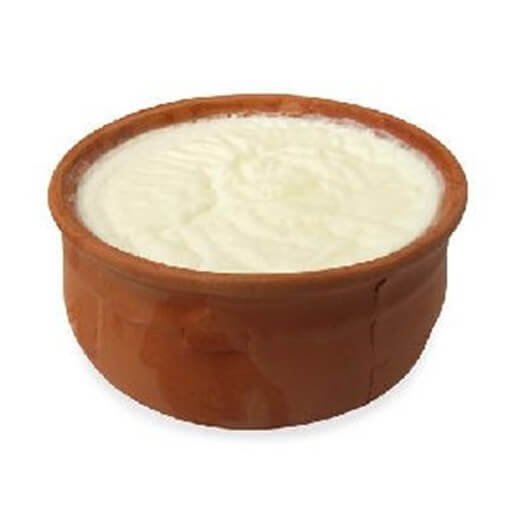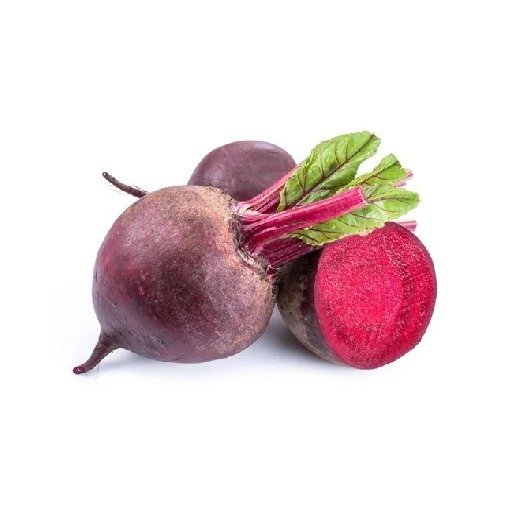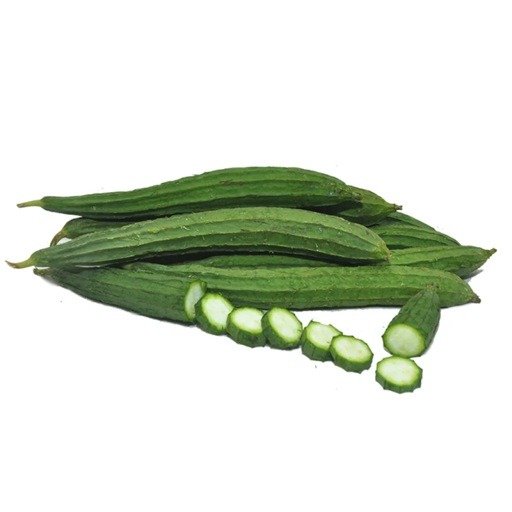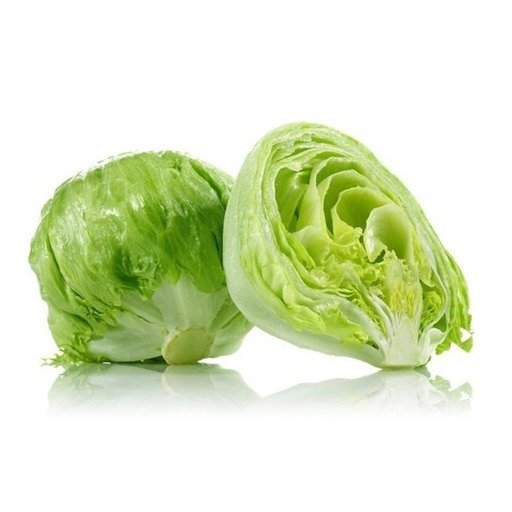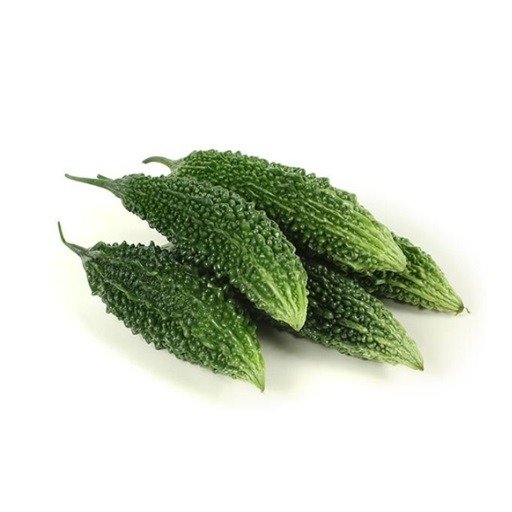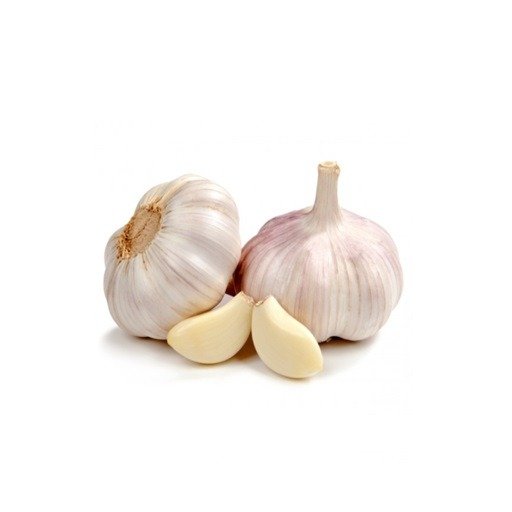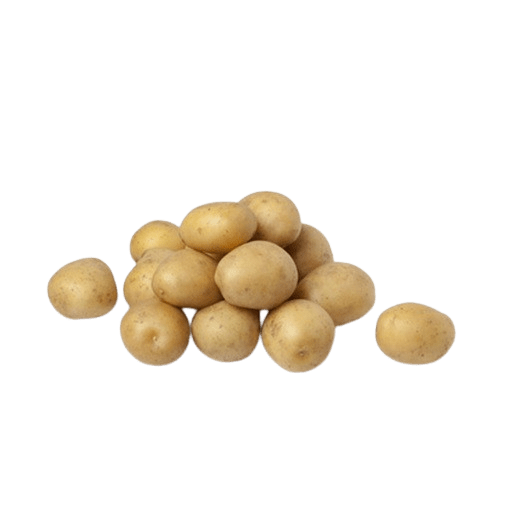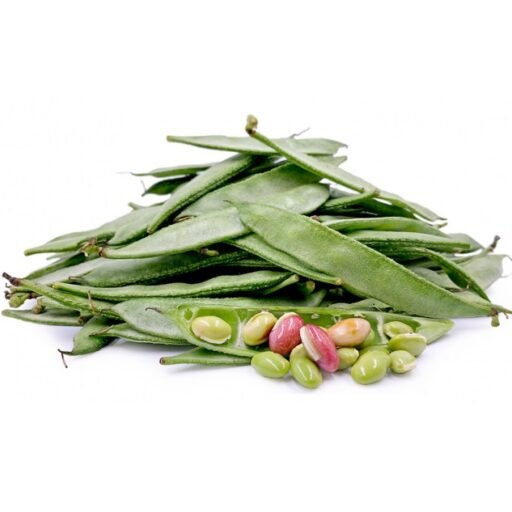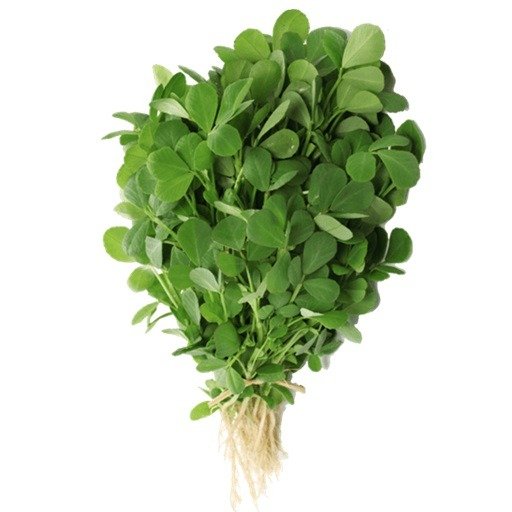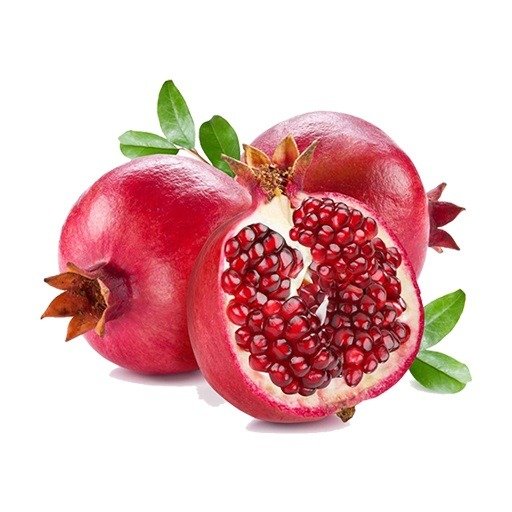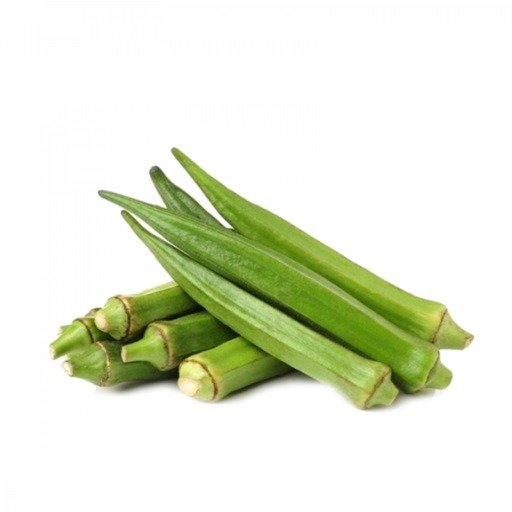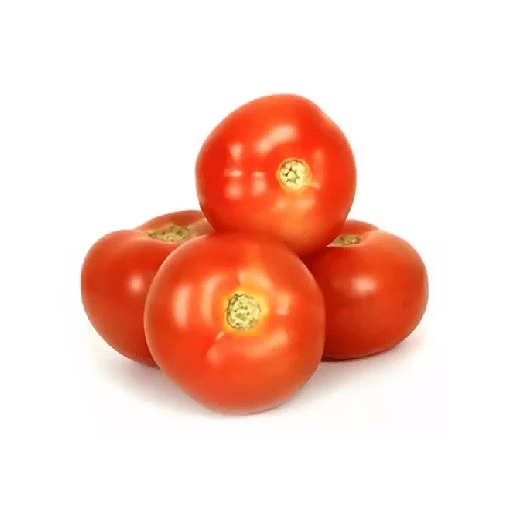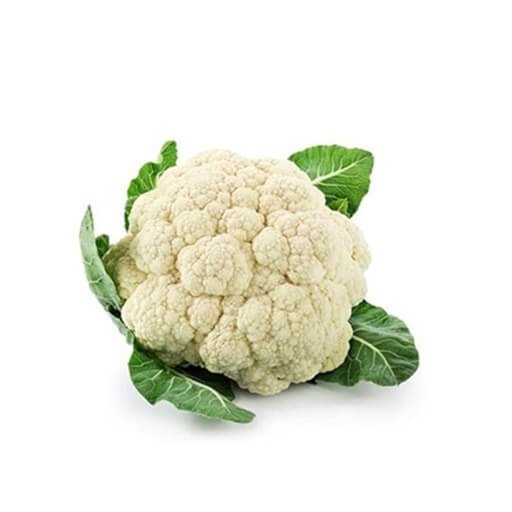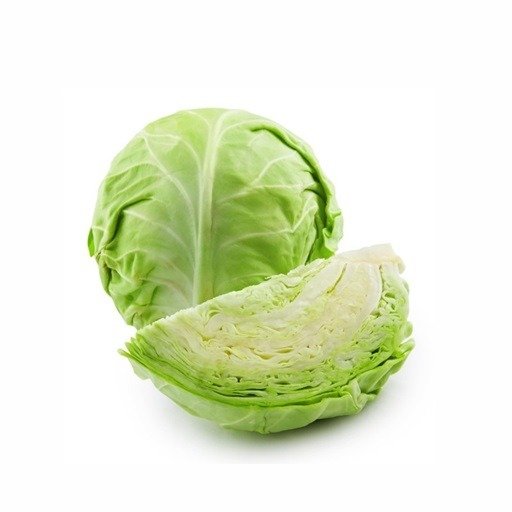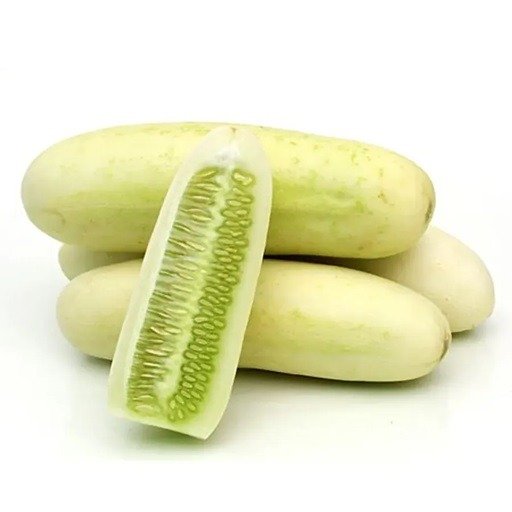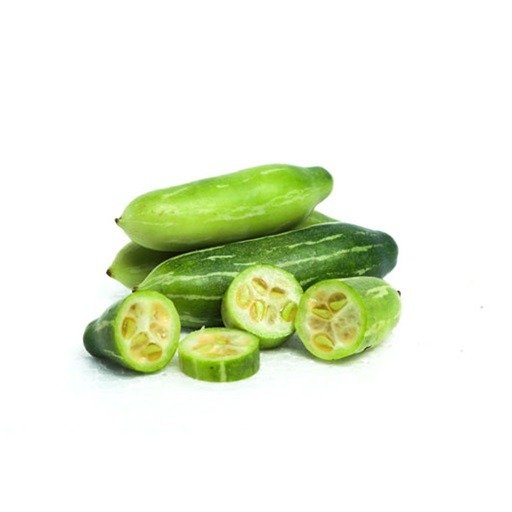Known as: Dahi; Meetha Dahi; Curd
Appearance: Dahi is a creamy, smooth dairy product that ranges in color from white to off-white. It can be thick or slightly runny, depending on the type of yogurt and its preparation.
Texture: Dahi has a smooth, creamy texture with a consistency that can vary from thick and custard-like to more fluid. Homemade dahi is often thicker compared to store-bought versions, which can sometimes be more runny.
Flavor: The flavor of dahi is mildly tangy due to the fermentation process. This tanginess is balanced by its creamy texture. The taste can vary slightly based on the type of milk used and the fermentation time.
Ingredients:
- Milk: The primary ingredient, which can be cow’s milk, buffalo milk, or a combination.
- Starter Culture: A small amount of existing yogurt or a yogurt culture that contains live bacterial cultures (such as Lactobacillus and Streptococcus) is used to ferment the milk.
Preparation:
- Boil the Milk: Heat milk until it comes to a boil and then let it cool to a lukewarm temperature (around 110°F or 45°C).
- Add the Starter Culture: Add a small amount of dahi or yogurt to the cooled milk and mix well.
- Fermentation: Cover the mixture and let it sit in a warm place for several hours (usually 6-12 hours) until it sets. The fermentation time can vary depending on the ambient temperature.
- Refrigeration: Once the dahi is set, refrigerate it to stop the fermentation process and to chill it.
Uses:
Dahi is extremely versatile and used in a variety of dishes:
- Savory Dishes: It’s used in dishes like raita, dahi puri, and dahi vada. It’s also a common accompaniment to spicy meals and is often used in marinades and curries.
- Sweet Dishes: It can be sweetened to make desserts like Meetha Dahi, or used in traditional sweets like shrikhand.
- Beverages: Dahi can be blended to make chaas (buttermilk) or lassi.
Nutritional Content:
- Protein: Good source of protein, especially when made from milk with high protein content.
- Calcium: Rich in calcium, which is essential for bone health.
- Probiotics: Contains beneficial bacteria that promote digestive health.
- Vitamins and Minerals: Provides vitamins like B12, riboflavin, and phosphorus.
Storage: Dahi should be stored in the refrigerator and consumed within a week. It can be kept in an airtight container to maintain its freshness and prevent it from absorbing other odors in the fridge.
About Delivery:
Delivery Timing:
Morning Slot: 10:30 – 01:00 PM
Afternoon Slot: 01:00 – 03:30 PM
Evening Slot: 03:30 – 06:00 PM
06:00 – 08:00 PM
Working Hours:
Monday–Thursday: 10:30AM–8:00PM
Saturday & Sunday: 10:30AM–8:00PM
Friday Closed

